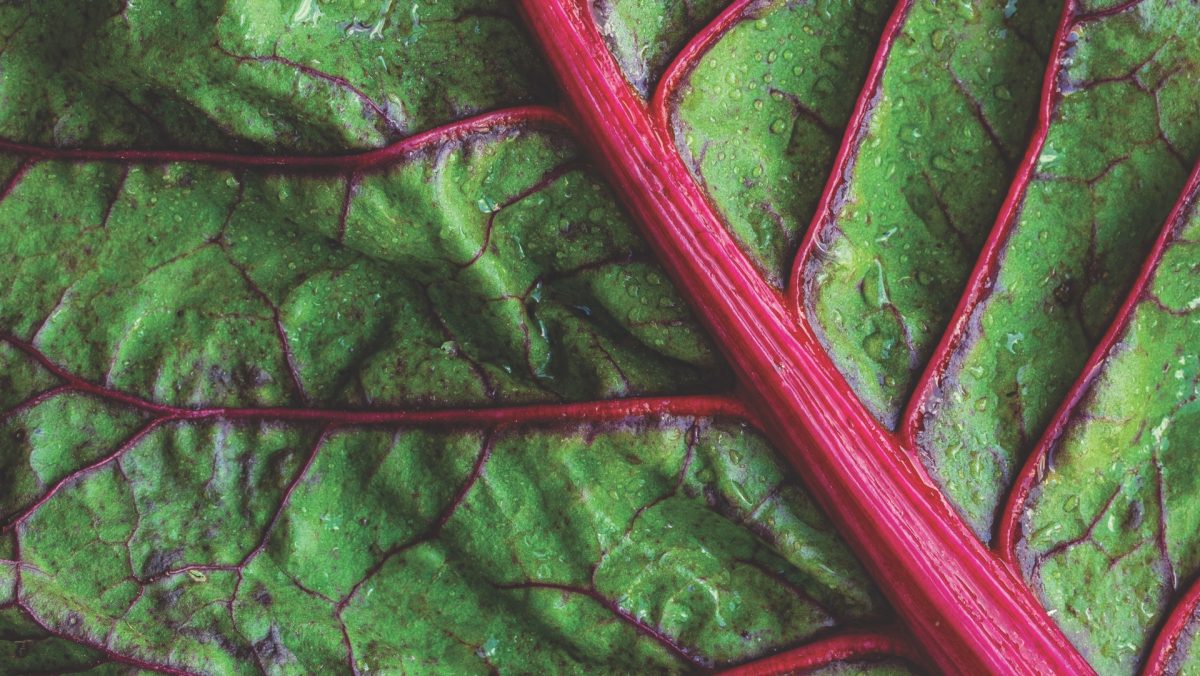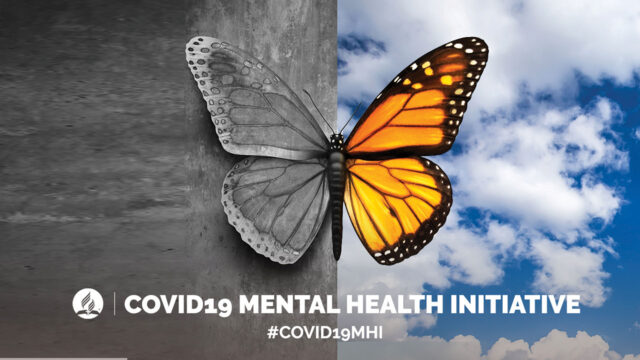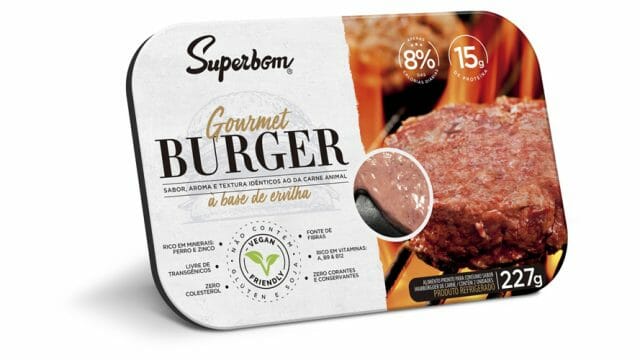Is it healthful even for young people?

I’m a young Adventist and have chosen to follow the Adventist Church’s recommendation of a vegetarian diet. My family continues to eat meat regularly, and I’m worried because we have heart disease and colon cancer in our family. Does science support the benefits of avoiding red meat even in young people?
The Adventist Church recommends a balanced vegetarian diet, and we salute you for choosing the benefits of such a diet. Balanced nutrition includes variety; minimal processing and refinement; and all the essential nutrients, including vitamin B12, whether in the foods or as fortification or as supplements.
You mention important family risk factors such as colon cancer and heart disease. Apart from the possible genetic influences, diet is a known environmental factor for both these specific diseases and many others. Persons eating meat have a three- to fourfold increased risk of colon cancer. Interestingly, those consuming legumes (beans) at least four times a week reduce this increased risk significantly.
Smoked and/or barbecued meats hold particular risk of bowel cancers and are best avoided. Heavily spiced and salted meats are also best excluded from the diet because the nitrites in these meats promote cancer.
The World Cancer Research Fund/American Institute for Cancer Research recommends the following as preventives for cancer.1 It’s noteworthy that these guidelines apply to the prevention of coronary heart disease and to cancer, giving a double benefit.
- Maintain a healthy weight.
- Be physically active (at least 30 minutes of exercise per day).
- Eat a diet rich in whole grains, vegetables, fruit, and beans.
- Limit consumption of “fast foods” and other refined and processed foods high in fat, starches, and sugars.
- Limit consumption of red and processed meats.
- Limit consumption of sugar-sweetened drinks.
- Limit alcohol consumption.
- Don’t use unproven supplements for cancer prevention, such as beta-carotene and vitamin E.
- Mothers, breastfeed your baby, if at all possible.
- Don’t smoke, and avoid other exposure to tobacco.
Researchers are consistently reporting that high consumption of vegetables—especially legumes, lettuce, and the cruciferous group (broccoli, cabbage, cauliflower, bok choy, brussels sprouts, turnips, watercress, rutabaga, kohlrabi, curly kale, and horseradish)—lowers the risk of liver and other cancers. For maximum protective benefits, it’s best to choose one’s foods wisely, exercise, avoid tobacco and alcohol, avoid sweetened and sugary drinks, and strive for a normal body weight/mass.
Do even young people benefit from a healthful diet? Norwegian researchers have recently published a modeling life expectancy study2 showing that consistent consumption of a diet rich in plant-based foods—especially legumes, whole grains, and nuts—and less red meat could ultimately extend the life expectancy of a 20-year-old by up to 13 years. The earlier the changes are made, the greater the benefit. For older individuals the benefits would be smaller but remain substantial.
The health studies done on Adventists during the past 40 years are being confirmed by much recent research, affirming the advice of God’s Word and His messengers (see 2 Chron. 20:20).
1 https://www.aicr.org/research/third-expert-report/
2 https://journals.plos.org/plosmedicine/article?id=10.1371/journal.pmed.1003889








